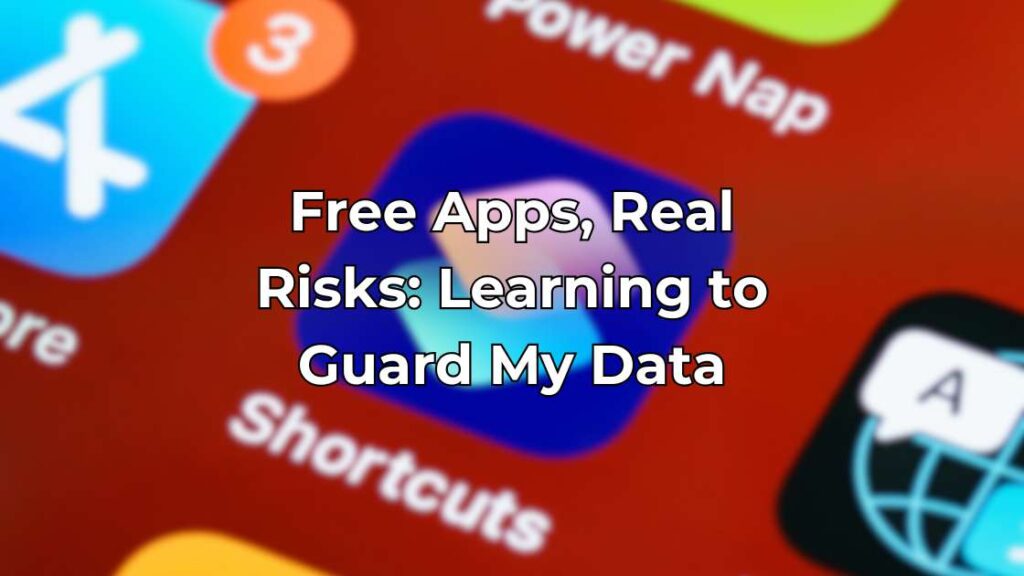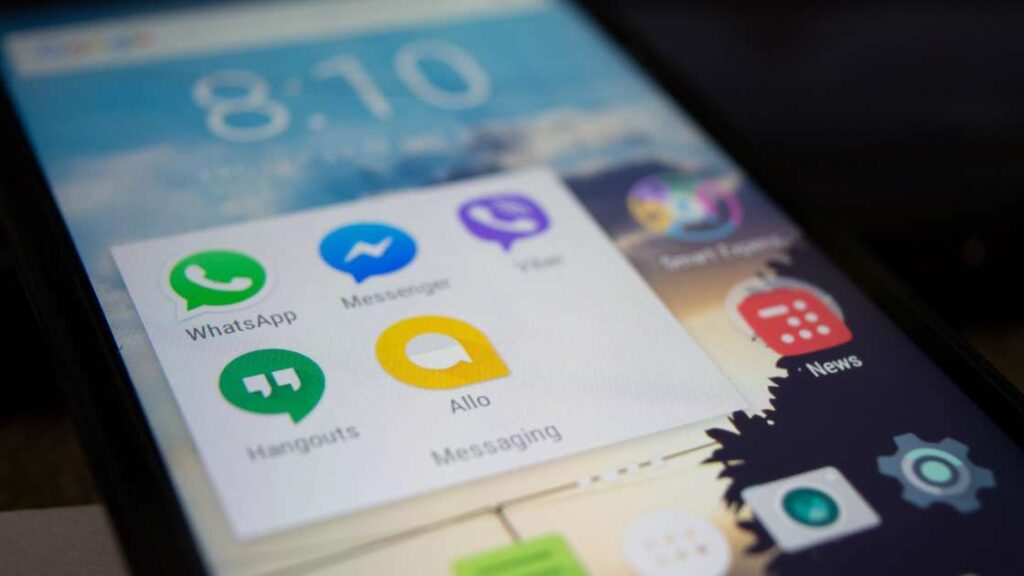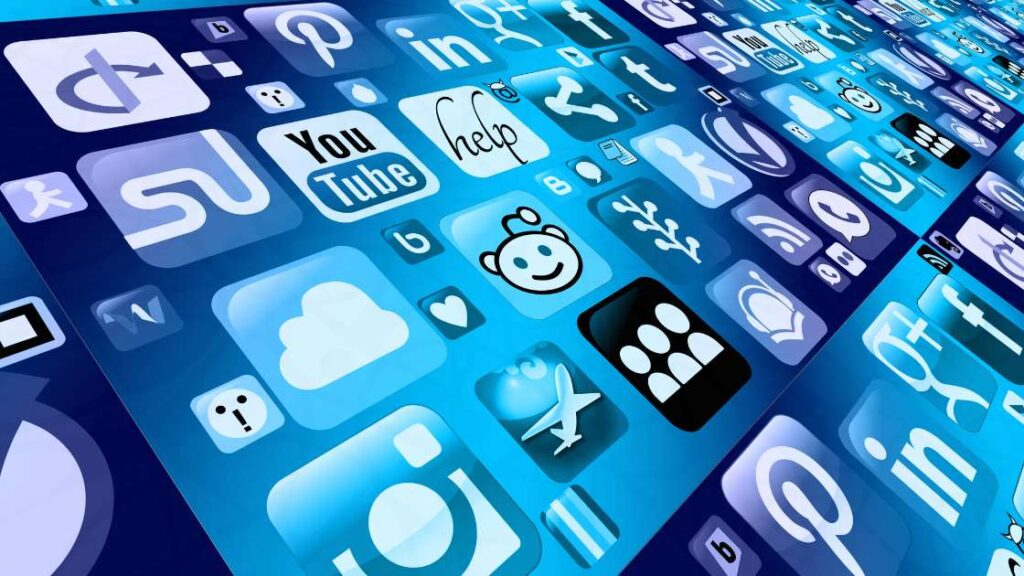Free Apps, Real Risks: Learning to Guard My Data

For years, I downloaded every free app that caught my eye. From productivity tools to fitness trackers and even free games, I thought I was getting a great deal. However, over time, I started noticing something unsettling. My battery drained faster, ads popped up more often, and my email inbox became a magnet for spam. That’s when I realized: free apps often come with hidden costs—and most of them target your personal data.

The Price You Pay: Your Data
Most people assume “free” means no cost. In reality, you pay with something far more valuable—your data. Many free apps track everything from your location to your browsing habits. They sell this data to third parties, often without you even knowing.
I once installed a free weather app that asked for access to my contacts, camera, and microphone. At first, I didn’t think twice. But then I started researching how app permissions work, and it hit me: why would a weather app need access to my microphone?
The Dark Side of Permissions
Every time you tap “Allow,” you could be giving an app full access to sensitive information. Some apps request permissions that seem unnecessary for their function. Others may use third-party tracking libraries that collect data quietly in the background.
For example, I noticed that after downloading a free flashlight app, I began seeing ads related to my recent conversations. That was my wake-up call.
Advertisements
How Free Apps Monetize Your Information
Most free apps rely on advertising as their business model. To serve you “personalized” ads, they track your activity and build a profile around your behavior. While that might sound convenient, it opens the door to major privacy issues.
In my case, I later found out that one of the apps I used was part of a data harvesting scheme. It shared my device info, app usage history, and even location data with dozens of advertising companies.
What I Do Now Before Downloading Any App
Since that experience, I’ve become much more careful. I always follow a simple checklist before installing a new app:
- Check the permissions: If they don’t make sense, I don’t download.
- Read recent reviews: I look for any red flags about shady behavior.
- Review the developer’s reputation: I stick with trusted companies or developers.
- Install from official stores only: Third-party stores are often riskier.
By doing this, I avoid apps that ask for more than they need or come from sketchy developers.
Free Isn’t Always Worth It
Over time, I started paying for apps that respected my privacy. Whether it’s a premium notes app or a secure browser, the peace of mind I get is well worth the few dollars.
I also realized that many paid apps offer better support, more features, and no intrusive ads. In fact, they often work faster and use less battery since they don’t run hidden trackers in the background.
Simple Tools to Protect Your Data
To further protect my personal information, I also use a few essential tools that anyone can set up:
- Privacy-focused browser: I switched to Brave, which blocks trackers and ads by default.
- VPN (Virtual Private Network): This hides my IP and encrypts all traffic.
- Permission manager apps: These let me audit and revoke app permissions regularly.
With these tools, I’ve gained control over what apps can and can’t do on my devices.
Be Intentional With Your Apps

Ultimately, we all want convenience—but it shouldn’t come at the cost of our privacy. By being intentional about which apps I use and how I configure them, I’ve reduced spam, improved battery life, and gained peace of mind.
I’m not saying you should stop using free apps altogether. Some are genuinely helpful and respect your privacy. But it’s crucial to look beyond the “free” label and understand what you’re really agreeing to.
Your data is your most valuable digital asset—protect it like you would your wallet. On Daily Tech Hub, I’m always sharing personal experiences and practical guides to help you navigate the tech world safely and smartly. Stay tuned for more insights that keep you ahead of the curve.